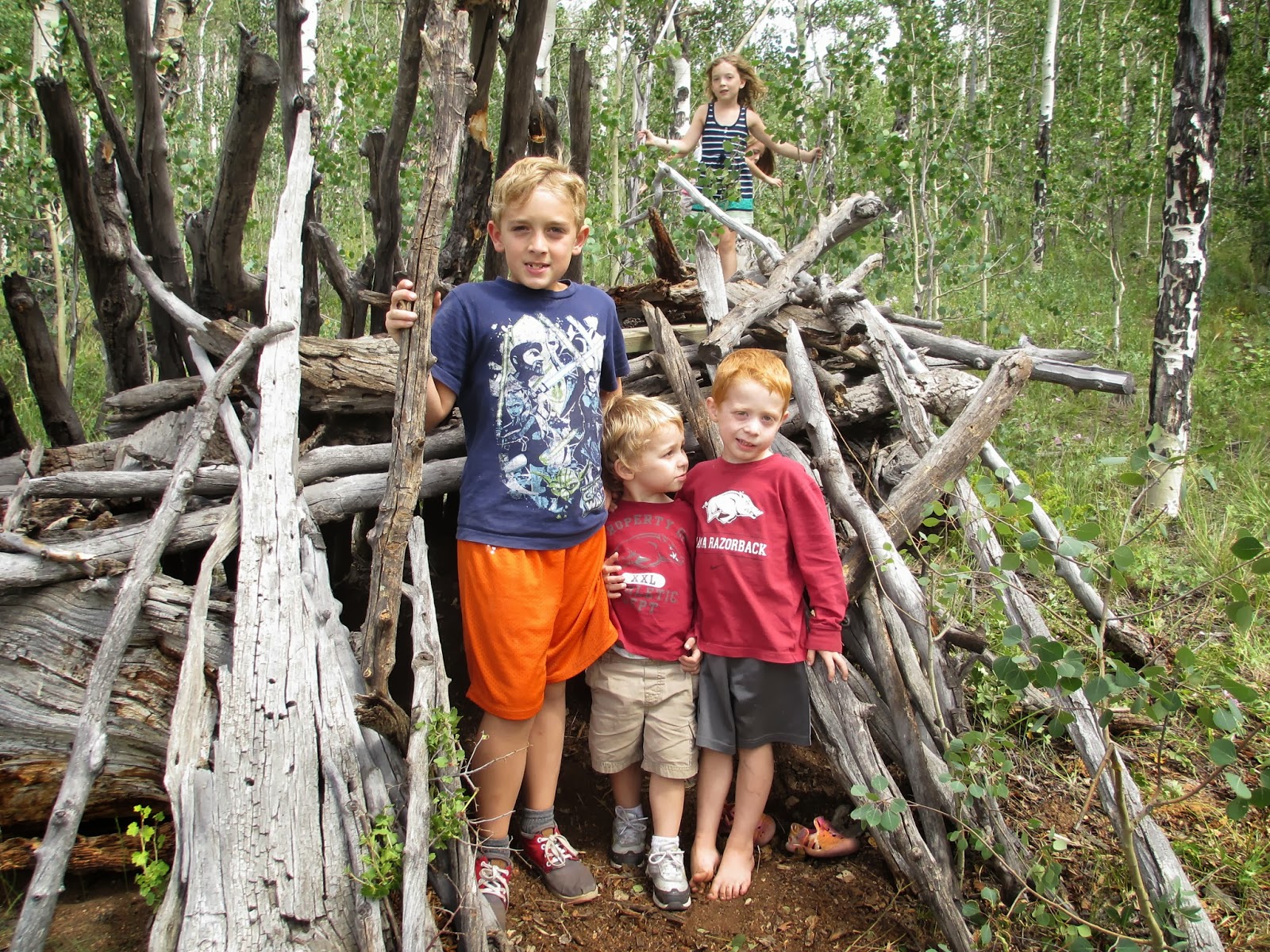Reading Genesis 5 is like pushing the fast forward button on the DVD
where we only see flashes of the sequence. Chapter 5 is a fast forward from
Creation to the Flood. Because of the pace, it appears that not much happens
and that it moves quickly, but it didn’t. Those people lived hundreds of years.
Chapter 5 portrays an overview of Seth’s line. It stands in stark
contrast to Cain’s, which continued to degrade. From the moment that people left
the presence of God, they forgot about Him. They became consumed with their own
work, their own building, their own talents. And as time marched on for
hundreds of years—people worked, took spouses, bore children, and lived for
themselves. To live outside the presence of God is to live selfishly, and so
they did. And so do we.
Yet, in the midst of large scale degradation, there was one line that
remained within God’s presence. It is the line of Adam through Seth. As Seth
viewed Adam’s life, so his son viewed his (and his grandfather’s), and his son
viewed his, (and his grandfather’s and great grandfather’s), and so on and so
on—all through the rising corruption of humanity. All these people made a
difference, for good or for bad, for hundreds of years. Adam could have
impacted, first hand, family members for 8 generations before he died.
We don’t have 8 generations to pour into. We have one, two, and three at
the most. We don’t have hundreds of years to teach and pray. Time was cut short
for man’s own good, so that he didn’t have time to bring about his utter
demise. But, the time for good is limited as well.
Let’s make every day count—today, tomorrow, and the next. Genesis 5
moves from the beginning to judgment and is as fast-paced as one lifetime. We only
get one.








